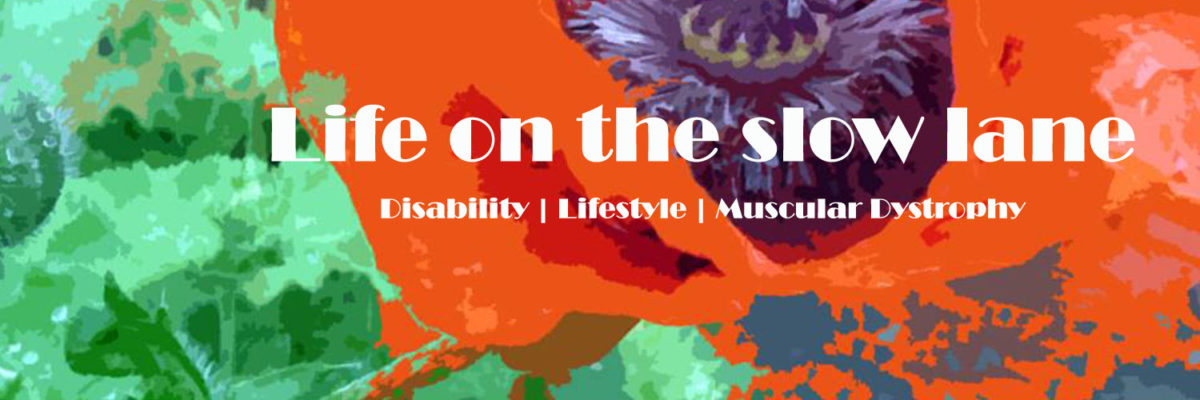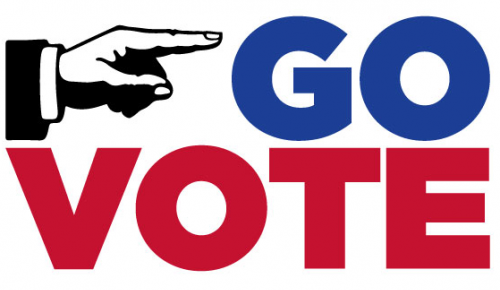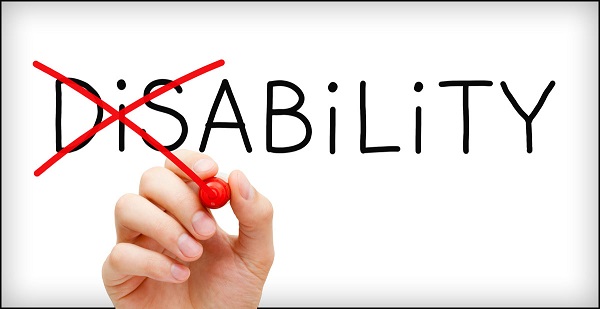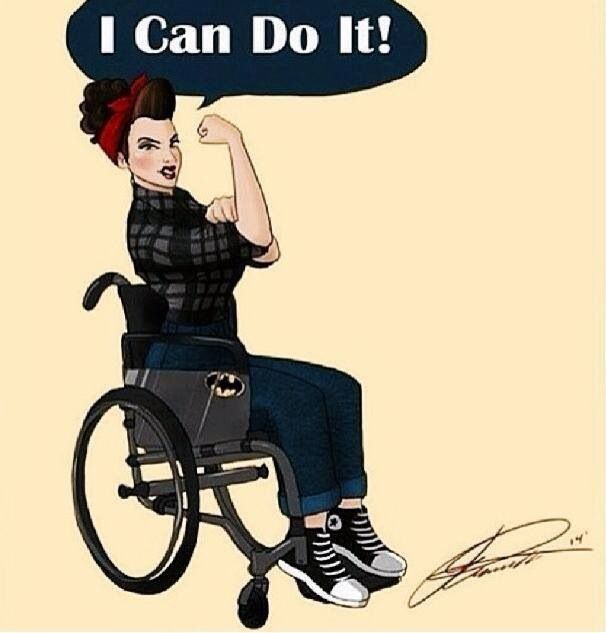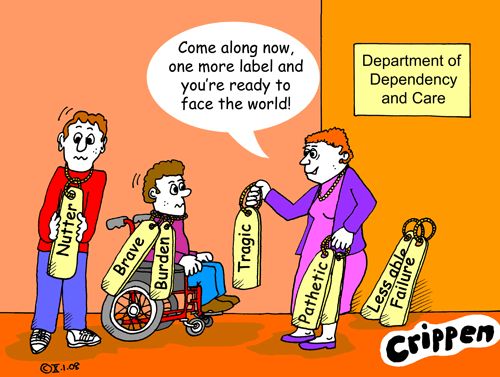Being a wheelchair-user with Ullrich congenital muscular dystrophy, means that I have a very visible disability. Consequently, I have encountered many societal preconceptions over the years, based solely on the fact that I have a physical disability.
Joe public isn’t shy about voicing such assumptions, regardless of how stupid they may be, thus demonstrating a lack of awareness and education.
I can’t even reassure you that the following misjudgements are those of children who, through no fault of their own, know no better. In fact I have found that the most narrow-minded and ignorant ideas and interrogatives come from older people.
Here are some examples of the preconceptions I have personally experienced throughout my 29 years.
1. Because I am physically disabled I must therefore have learning disabilities too.
2. I didn’t or couldn’t have attended mainstream school.
3. I need to be spoken to very slowly and very loudly, otherwise I simply won’t be able to understand basic verbal communication. Furthermore, some people surmise I cannot speak at all!
4. Because I have muscular dystrophy, I cannot achieve the same milestones as everyone else, such as learning to drive.
5. I cannot work, or contribute to society, because I am physically disabled.
6. Most assume that since I’m now unable to walk, I never could. They are often shocked to learn I could walk up to the age of ten.
7. I am completely non-ambulant (unable to weight-bear). However, many seem to assume that despite the fact I use a powered wheelchair, I must be able to walk.
This becomes most apparent when attempting to access public transport or when travelling.
I may be faced with a few steps or a short walk to my seat on the plane, or I might be asked to transfer out of my chair.
When I tell them I can’t weight bear at all, I am met with an expression of complete confusion:
‘You can’t walk? Not at all? It’s really not far.’
No, I’m afraid I cannot walk AT ALL!
8. As much as I laughed along to the Little Britain sketch of Lou and Andy, I feel it may be at least somewhat responsible for the common assumption that I, along with all other wheelchair-users, conveniently jump up and run around maniacally when no one’s watching. Although admittedly I would if I could, sadly this is not the case.
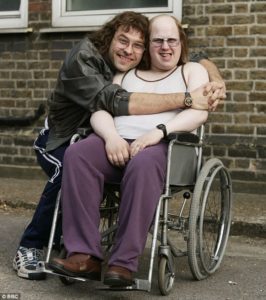
9. When you find accessible accommodation isn’t accessible at all:
Upon arrival, I once found myself unable to enter my supposedly accessible hotel room because the door was so narrow. The manager’s response: ‘Oh, can’t you just squeeze through?’
10. I am rather petite – child sized in fact. (Just what you want when you’re a 29 year-old woman!) However, I like to think I look a little older than twelve. But I am still, on occasion, presented with the children’s menu!
11. On multiple occasions I’ve been approached by strangers who tell me that I sinned in a former life and my disability is my penance.
12. Similarly, I have been asked if I believe in God. Replying that I do not, I was told that I am therefore being punished by God – my disability is an affliction! Erm, nope. In my case, it’s genetic.
13. I’ve been told I need “fixing”.
14. It doesn’t occur to people that I have the same needs and desires as anyone else.
15. A misguided generalisation is that disabled people like myself are asexual and do not have romantic relationships.
16. Being a wheelchair-user, I clearly can’t have and don’t want children.
17. Friends are too often mistaken for my carers.
18. I must know many other similarly disabled people. Of course, makes total sense. We are know each other!
19. I use a wheelchair, therefore I must be taking LOTS of medication and cannot drink alcohol.
20. I have a disability therefore I must be contagious.
21. I don’t go out or have fun like my peers.
22. I must be a loner or even a recluse. (Perhaps suggesting there are still many out there who feel disabled people, like me, shouldn’t be seen in public or play an active role in the community).

*This list is representative of my personal experiences. However, I’m sure there are many of you who will be able relate to some degree.*
It is understandable and all too easy to express anger and frustration when presented with such ignorance. But, I do feel strongly that knowledge is power. Therefore, the best way to respond to such misguided preconceptions is to educate, infor and raise awareness.
